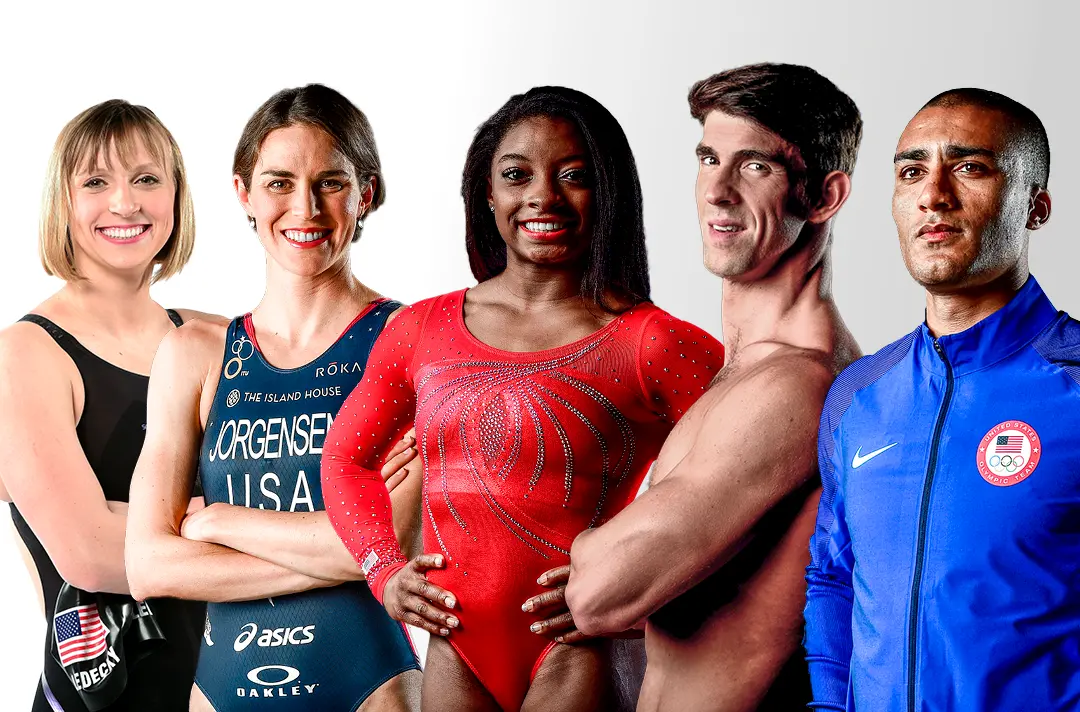With the release of the Wells Report on Wednesday, Tom Brady’s once-clean image has been muddied. That much is clear.
Yet, the immensely popular, mild-mannered, but intensely competitive, four-time Super Bowl-winning quarterback who may be punished by the NFL for his role in the latest Patriots scandal—Deflate-Gate—was really only a product of his not-so-squeaky-clean head coach’s bend-the-rules-at-all-costs kind of environment.
No, Bill Belichick hasn’t been implicated in the Deflate-Gate scandal. Yet, the man who cost the Patriots a first-round pick in 2007 and a mammoth $750,000 fine for his role in the Spy-Gate scandal has set an example that it’s OK to gain any kind of competitive edge—with little regard for fair play.
Though Spy-Gate is the only scandal the man, once referred to as “Beli-cheat” by legendary coach Don Shula, has officially been found guilty of, there’s been plenty of other smoke coming from his office in Foxborough.





